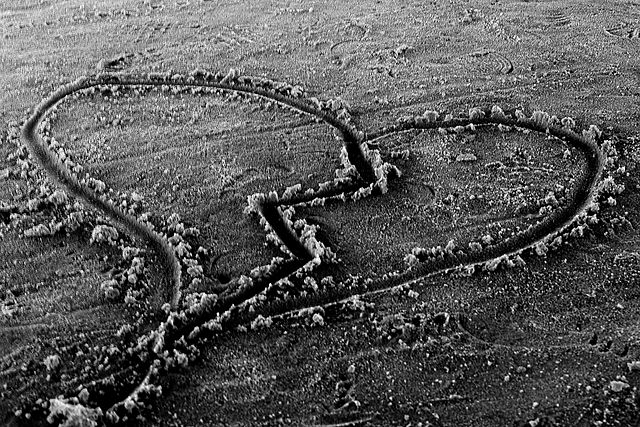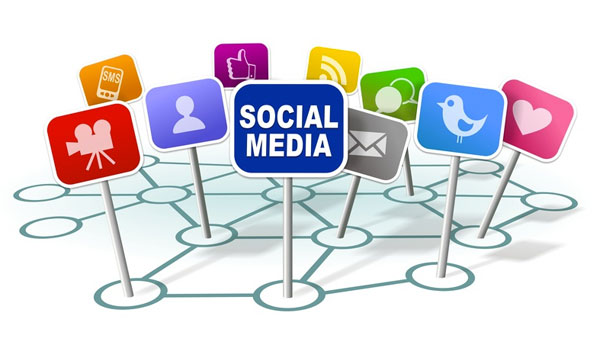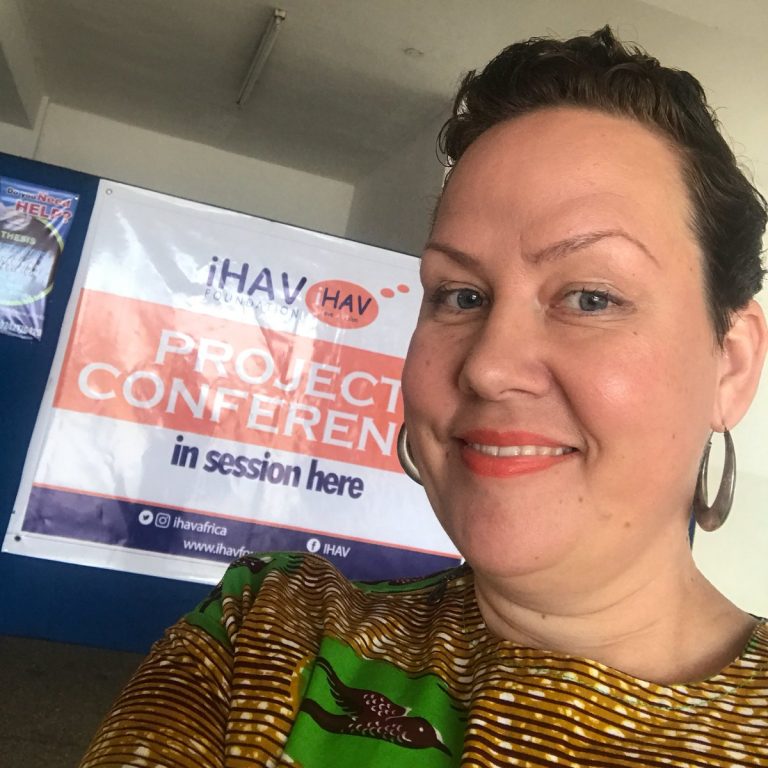
The psychologist looks out from the brightly lit stage and asks the audience, “How many of you have been affected by infidelity? As a family member? As the one who is cheating? As the betrayed partner?” The truth is almost all of us have been affected and infidelity is, as many other transgressions, painful and disruptive.
However, the psychotherapist Esther Perel has tried to reconsider what infidelity means in her new book “State of Affairs: Rethinking Infidelity” (link to Perel’s webpage with the possibility of reading an excerpt). I haven’t read the book just yet as it only came out last month, but wanted to share the news of it with you, as I think it will be an interesting read for all interested in long-term relationships for a couple of reasons:
- If its half as good as her Podcast with the brilliant name “Where should we begin”, or the TED-video (see embedded below) on the same topic (the question she ends the talk with was mind-blowing!) and a worksheet that I think can be helpful to any couple struggling with the aftermath of infidelity. If just half as good, the book will be useful.
- I loved her earlier book. The ideas clearly are a continuation of Perel’s earlier book on relationships called “Mating in Captivity” and loved it! I think I loved this book because of its duality: merging practical, practitioner’s advice by generously sharing cases on the one hand, and theoretically thinking through what a monogamous relationship really is on the other. In this first book, Perel elegantly argues that a long-term love relationship really is about. Perel says it is about “reconciling the erotic and the domestic” and walks us through how impossible and paradoxical that is. I remember her asking a question in the book: Would you be more upset if your partner had cheated or if s/he never had? Here she is suggesting that a partner staying mysterious and secret to some degree ignites our interest in them, as one does not fall in love with a partner that is inseparable from oneself. Hence an affair or at least the possibility of it, on some level might be positive. On the other hand, and this is the paradox, a long-term relationship is by definition an institution we are supposed to trust. How can we rely on someone who lies about the most intimate aspect we share?
- Finally, the intercultural approach Perel takes to relationships makes sense to me. Not only is the world a global village these days with many couples looking something like the one I am in (Ghanaian -Swedish), on some level all couples are two cultures integrating, right? (not just two nationalities but also Engineer- Social scientist, Gen X – Millenial, working-class – middle-academic-class and so on). This New York Times article explains her intercultural approach (and as a bonus critiques her work effectively).
An excerpt from Perel’s new book asks some questions and suggest we should discuss them in a relationship before we are in “a storm” of infidelity. Among others, the questions are:
“Has monogamy outlived its usefulness? What is fidelity? Can we love more than one person at once?
For me, these conversations are part and parcel of any adult, intimate relationship. For most couples, unfortunately, the crisis of an affair is the first time they talk about any of this. Catastrophe has a way of propelling us into the essence of things. I encourage you not to wait for a storm, but to address these ideas in a quieter climate. Talking about what draws us outside our fences, and about the fear of loss that accompanies it, in an atmosphere of trust can actually promote intimacy and commitment. Our desires, even our most illicit ones, are a feature of our humanity.”
This suggestion of talking about difficult, but real things, reminds me of another favorite self-help writer of mine, sociology professor Brene Brown. Her new book on vulnerability says exactly this – by being vulnerable, imperfect, even failing (perhaps like dealing with infidelity as a couple?), we can connect with others. The book is “Braving the Wilderness” where the first word in the title is also a clever acronym on how to be brave in the wild…
Now, in the world we are not just rethinking infidelity and vulnerability, we are also rethinking what a book is. If you do not have time to read all the details, but still think the above sounds relevant, you have videos and other free online content there for you. I suggest you start with these two videos!
Photo above by CMEarnest – Own work, CC BY-SA 3.0, Link



